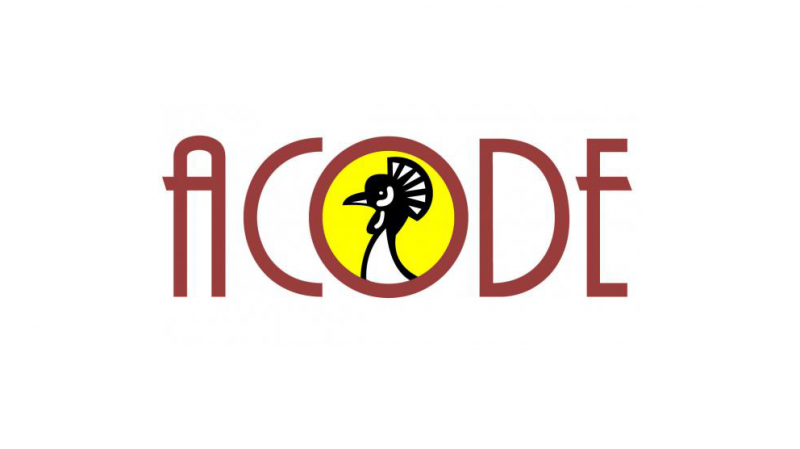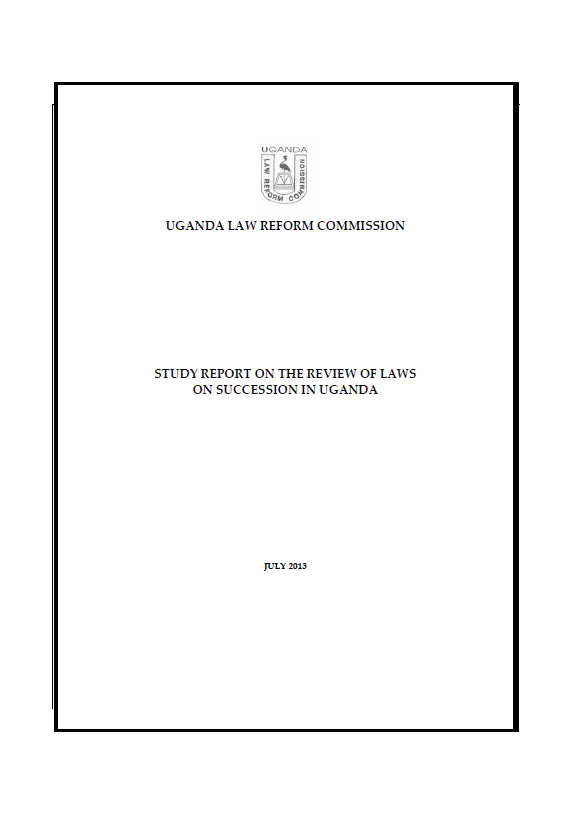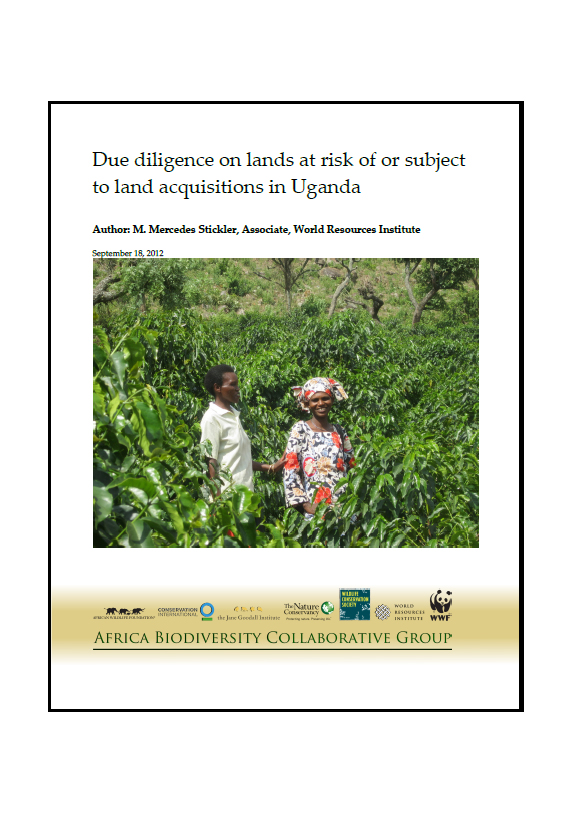Location
Kampala
Uganda
Advocates Coalition for Development and Environment (ACODE) is an independent public policy research and advocacy think tank based in Uganda working in East and Southern Africa. ACODE was first registered in 1999 as a Non-governmental organization (NGO). In 2004, the organization was incorporated as a company limited by guarantee and without having a share capital. ACODE is one of the most dynamic and robust regional leaders in cutting-edge public policy research and analysis in a range of areas including governance, trade, environment, and science and technology. ACODE has, for the last four consecutive years, been ranked in the Global Go To Think Tank Index as one of the best think tanks in Uganda and one of the top think tanks in the world. Think Tanks in Africa continue to play a major role in policy development and implementation. The Advocates Coalition for Development and Environment (ACODE) has been ranked 23 out of 92 Top Think Tanks in Sub-Saharan Africa and 29 out of 90 globally with Best Advocacy Campaign in the 2015 Global Go To Think Tank Index Report (TTI), led by the University of Pennsylvania through its Think Tanks and Civil Societies Program (TTCSP).
ACODE is non-partisan and independent and therefore does not align with any political party or political organisation. However, given the direct relationship between development policy and politics, we believe that our work is political and it must stand for certain political causes of a bi-partisan nature. Such causes are legitimate issues of research interest so long as they are defined on the basis of constitutionalism, the rule of law as well as national and regional interests as expressed in the relevant treaties, strategy documents and declarations. ACODE's work is based on three broad programmes areas: Environmental Democracy, Peace and Democracy, and Innovation and Biotechnology Policy. Our core business is to undertake advocacy-driven public policy research and analysis on contemporary and emerging public policy and governance issues that have a significant impact on national development.
Members:
Resources
Displaying 21 - 25 of 51STUDY REPORT ON THE REVIEW OF LAWS ON SUCCESSION IN UGANDA
The Uganda Law Reform Commission with support from the Justice Law and Order Sector undertook a study to review the laws of succession in Uganda. The purpose of the study was to ensure among others that; the provisions of the laws of succession are in conformity with the 1995 Constitution of the Republic of Uganda, national laws and international and regional human rights standards and practices, are up to date with the changing socio‐ economic circumstances of Uganda, and that the law is accessible to the people and its implementation can be better realised.
Protecting community lands and resources
In northern Uganda, common grazing lands are central to village life. While nominally used for grazing livestock, communities also depend on their grazing lands to collect basic household necessities such as fuel, water, food, building materials for their homes, and traditional medicines. Yet growing population density, increasing land scarcity, weak rule of law, and the 1998 Land Act’s legalization of a land market have created a situation of intense competition for land in northern Uganda.
Women’s land rights and gender justice in land governance: pillars in the promotion and protection of women’s human rights in rural areas
Across the developing world, rural women suffer widespread gender-based discrimination in laws, customs and practices cause severe inequalities in their ability to access, control, own and use land and limit their participation in decision-making at all levels of land governance.
Due diligence on lands at risk of or subject to land acquisitions in Uganda
This research forms part of a larger study on large-scale land acquisition in Uganda. There are three main components of this study: (1) a “risk map” that identifies areas “at risk” for land acquisition due to their high suitability for biofuel crop production; (2) a due diligence report on the existing land uses and users of land identified as “at risk” in the first activity; and (3) an assessment of the land acquisition process, including applicable social and environmental safeguards.
A study on Land Grabbing cases in Uganda
This report investigates cases of land grabbing in Uganda, focusing in particular on oil palm plantations in Kalangala, Lake Victoria. It assesses the impacts on rural communities and on the local environment, and questions who benefits from these projects.





